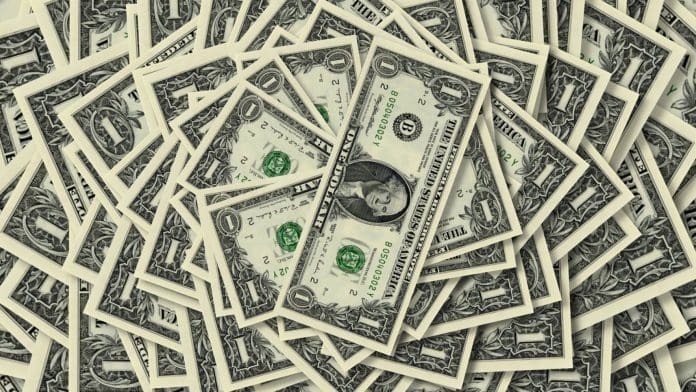Millions of Americans continue to suffer due to high inflation and the aftereffects of the pandemic on the American economy. The anticipation of further stimulus checks continues to be high among Americans.
The Internal Revenue Service has identified multiple categories of Americans who are eligible for some form of assistance. The amount varies depending on the status of individuals and families. Check if you are eligible to get a stimulus check under any one of these categories.
Detailed information is also available on the official site of the IRS. The federal government strives to boost the American economy through these assistance and stimulus checks. The payments are aimed to boost stimulus spending among consumers and also increase consumer confidence.
Eligible filers, their families, and dependents will receive up to $3,284. The distribution of such checks is expected to take place in multiple states. As of now, 9 American states have confirmed their inclusion in the stimulus check program for a fourth round in the last quarter of 2023.
Various Criteria For Receiving Federal Stimulus Check
Any form of assistance from the federal or state government is noteworthy as it is sure to provide some form of boost to the economy. The American economy was badly hit first by the pandemic and then by the economic depression that followed.
The IRS has initiated special relief checks through group incentives that range from $500 to $2,000. These are aimed at alleviating the financial strain that millions of Americans continue to face. The programs identify the economic circumstances of individuals and families and give stimulus checks accordingly.
The authorities also provide targeted support where it is most needed. The eligibility for the payments includes stimulus checks for married individuals filing jointly having an income up to $150,000, and individuals with an income not higher than $75,000. The IRS also continues to identify individuals and families who have not received or have failed to collect their stimulus checks.






